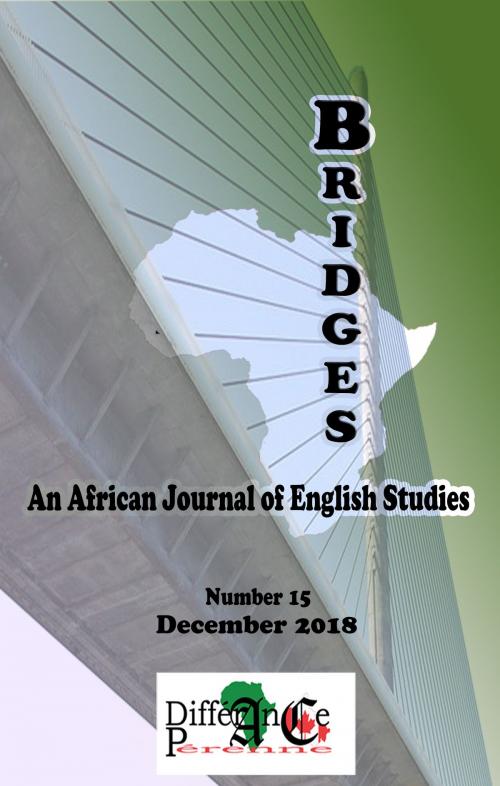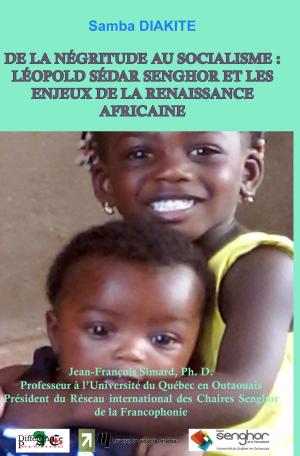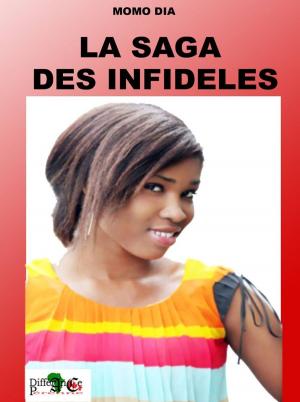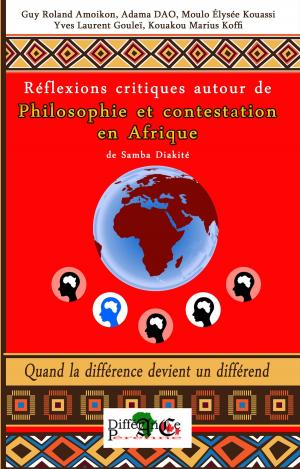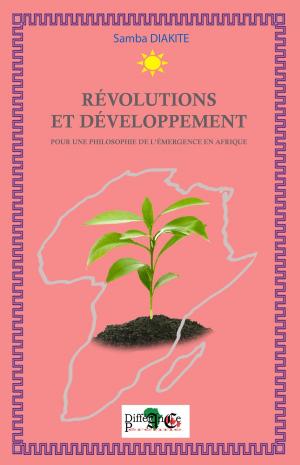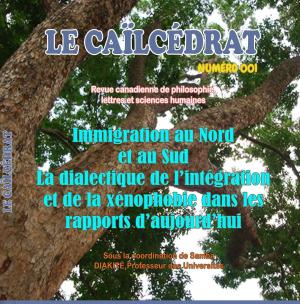| Author: | BRIDGE | ISBN: | 1230003001875 |
| Publisher: | LES EDITIONS DIFFERANCE PERENNE | Publication: | December 22, 2018 |
| Imprint: | Language: | English |
| Author: | BRIDGE |
| ISBN: | 1230003001875 |
| Publisher: | LES EDITIONS DIFFERANCE PERENNE |
| Publication: | December 22, 2018 |
| Imprint: | |
| Language: | English |
Africa is often seen as a continent of mass displacement and migration caused by poverty and violent conflict. Influenced by media images of massive refugee flows and ‘boat migration’… irregular migration from Africa to Europe has received extensive attention (Flahaux and De Haas, 2016:1). The value of this passage is that Africans are migration-oriented people. More interesting still, the notion of migration is deeply steeped in African and African-American literature. In her essay, “Black Women Writers: Taking a Critical Perspective”, Susan Willis, comes to the conclusion that the major themes that reverberate in African-American women’s novels are: journey, community and sexuality (Willis, 1985: 211). This shows how prominent the issue of gender and migration represents in literature narratives.
In fact, because of destructive environments due to double colonization, the concepts of location, place, displacement and transplantation are also deeply rooted and inked in feminist postcolonial novels.
In her article, (Re) Writing Postcolonial Bildungsroman in Chimamanda Ngozi Adechie’s Purple Hibiscus, Nilima Meher posits that: “Geography is another important element which is connected to culture, language, the ability to hear, and to speak…. Home is portrayed as a place of alienation and family to suppress women” (Meher, 2014: 207). If we take as axiomatic that environment can be a forbearer of women’s subordination, we will easily understand Tsitsi Dangarembga’s concern about migration: “… the needs and sensibilities of women in my family were not considered a priority, or even legitimate” (Dangarembga, 1989:12).
This gives enough ground to the issue of gender and Migration in Buchi Emecheta’s Second Class Citizen and Tsitsi Dangarembga’s Nervous Conditions as both writers give two telling pictures of their female characters’ turmoil within their own families and communities which explains their burning desire to see what life means elsewhere for them to blend in and take a fresh start.
Africa is often seen as a continent of mass displacement and migration caused by poverty and violent conflict. Influenced by media images of massive refugee flows and ‘boat migration’… irregular migration from Africa to Europe has received extensive attention (Flahaux and De Haas, 2016:1). The value of this passage is that Africans are migration-oriented people. More interesting still, the notion of migration is deeply steeped in African and African-American literature. In her essay, “Black Women Writers: Taking a Critical Perspective”, Susan Willis, comes to the conclusion that the major themes that reverberate in African-American women’s novels are: journey, community and sexuality (Willis, 1985: 211). This shows how prominent the issue of gender and migration represents in literature narratives.
In fact, because of destructive environments due to double colonization, the concepts of location, place, displacement and transplantation are also deeply rooted and inked in feminist postcolonial novels.
In her article, (Re) Writing Postcolonial Bildungsroman in Chimamanda Ngozi Adechie’s Purple Hibiscus, Nilima Meher posits that: “Geography is another important element which is connected to culture, language, the ability to hear, and to speak…. Home is portrayed as a place of alienation and family to suppress women” (Meher, 2014: 207). If we take as axiomatic that environment can be a forbearer of women’s subordination, we will easily understand Tsitsi Dangarembga’s concern about migration: “… the needs and sensibilities of women in my family were not considered a priority, or even legitimate” (Dangarembga, 1989:12).
This gives enough ground to the issue of gender and Migration in Buchi Emecheta’s Second Class Citizen and Tsitsi Dangarembga’s Nervous Conditions as both writers give two telling pictures of their female characters’ turmoil within their own families and communities which explains their burning desire to see what life means elsewhere for them to blend in and take a fresh start.
